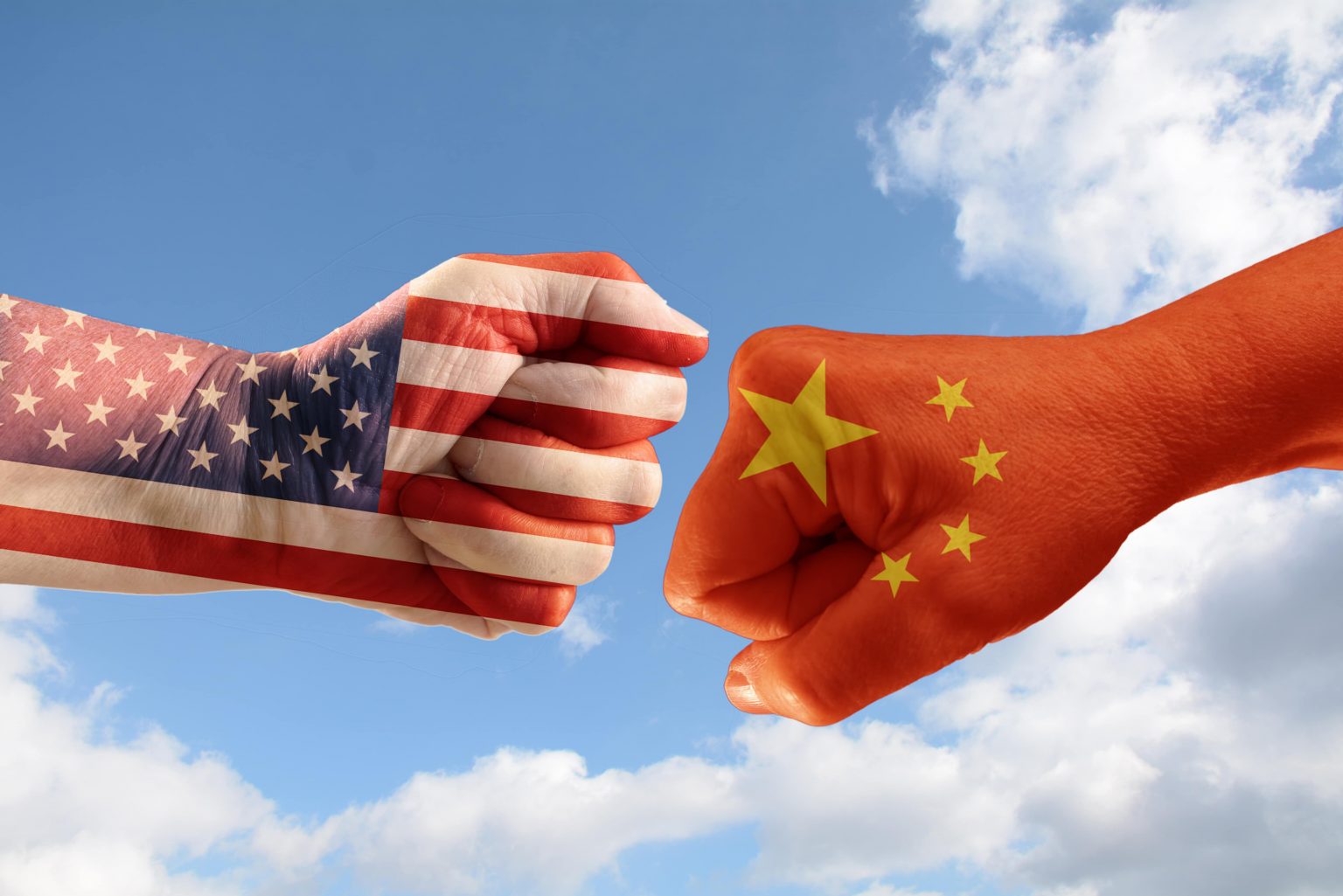by Martin Haffner Associate Editor
1. New Zealand’s Climate Initiatives
New Zealand has announced a new set of ambitious climate initiatives aimed at reducing carbon emissions by 50% by 2030. The initiatives include significant investments in renewable energy, particularly in wind and solar power, as well as plans to phase out coal-powered energy generation by 2025. The government is also prioritizing climate resilience in vulnerable communities, especially following the recent flooding events.
2. Tonga Post-Cyclone Recovery Efforts
In Tonga, recovery efforts continue following the devastation caused by the recent cyclone that struck the islands earlier this month. Humanitarian organizations and the Tongan government are working together to provide aid, including food, clean water, and medical assistance. Efforts are focused on rebuilding infrastructure, with international support flowing in from various countries and NGOs.
3. Fiji’s Tourism Rebound
Fiji’s tourism industry is showing signs of robust recovery as the holiday season approaches. Recent reports indicate an influx of international travelers, particularly from Australia and New Zealand. The Fijian government is optimistic about the sector’s rebound, implementing health protocols to ensure the safety of visitors and locals alike. Local businesses are gearing up for what they hope will be a prosperous tourism season following disruptions from the pandemic.
4. Papua New Guinea’s Economic Growth Plans
Papua New Guinea’s government has unveiled a new economic growth plan focusing on agriculture, mining, and fisheries to boost the economy. The plan emphasizes sustainable practices and aims to attract foreign investment. Officials anticipate that this strategy will create job opportunities and improve living standards, especially in rural areas.
5. Samoa’s Dubbed Vaccine Campaign
Samoa has initiated a unique campaign to promote vaccinations against preventable diseases, using local celebrities to advocate for health awareness. The campaign seeks to increase vaccination rates, especially among children, and combat misinformation. Health officials are optimistic that this approach will lead to improved health outcomes for Samoan communities.
6. Marshall Islands and Climate Change Funding
The Marshall Islands has secured new funding for climate adaptation projects from international donors. This funding will be directed towards enhancing infrastructure to withstand rising sea levels and extreme weather conditions. The government is actively engaging with local communities to develop strategies that will help them adapt to the changing climate.
7. Solomon Islands Partnership with Australia
The Solomon Islands and Australia have signed a partnership agreement aimed at enhancing security and economic cooperation. This agreement includes provisions for trade, infrastructure development, and joint efforts in addressing regional security challenges. Both nations are committed to strengthening ties to foster stability in the South Pacific region.
8. Kiribati’s Environmental Initiatives
Kiribati has launched a series of new environmental initiatives aimed at protecting its fragile ecosystems. The government is focusing on sustainable fishing practices and marine conservation to combat the effects of climate change. Local communities are being engaged in these efforts to ensure a collective approach towards environmental stewardship.
As the year draws to a close, these developments highlight the resilience and dynamism of Pacific nations as they navigate challenges and seize opportunities for growth and progress in the region.



